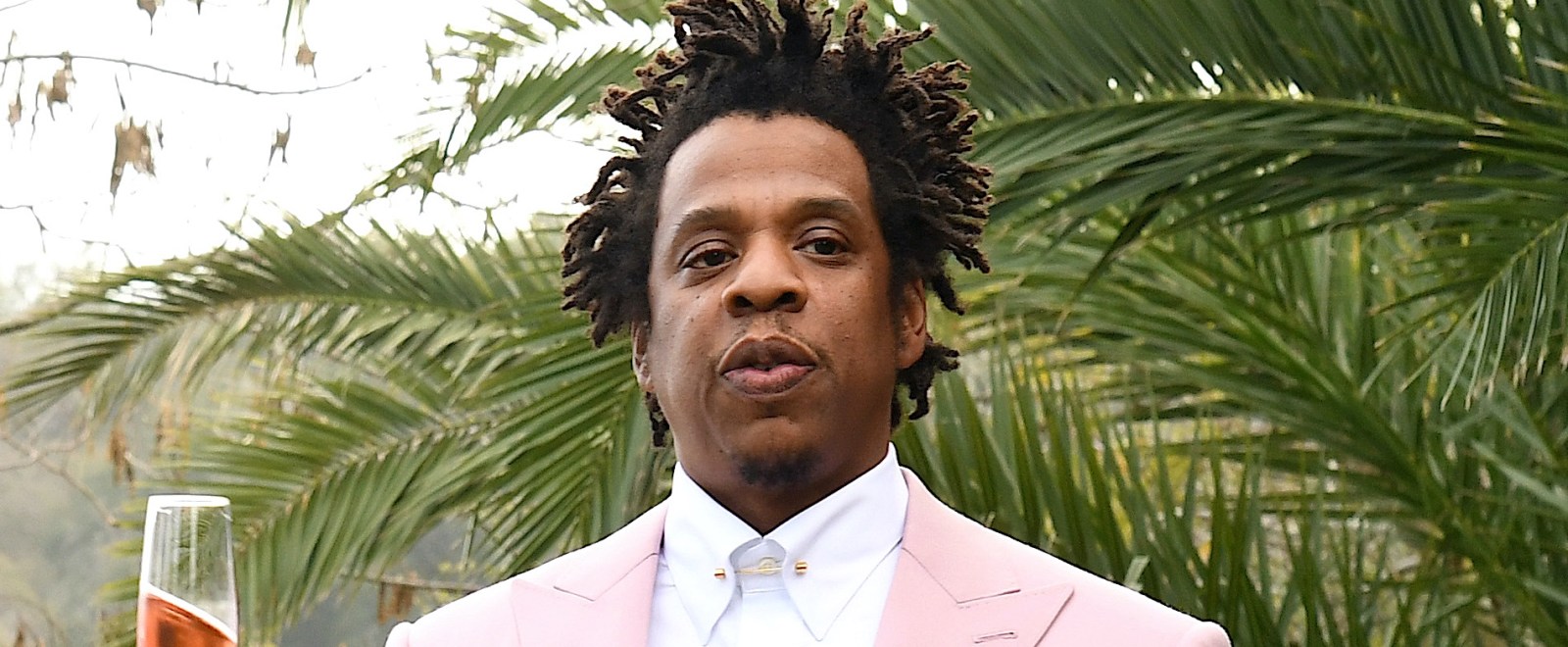In a new interview, Fat Joe credits his peer and part-time rival Jay-Z for having the “hardest lyric in hip-hop.” Appearing on the I Am Athlete podcast with hosts Brandon Marshall, Chad Ochocinco Johnson, DJ Williams, and LeSean McCoy, Joe explained why he believes a line from Jay’s debut album Reasonable Doubt sums up a philosophy that is underrated but important for success in any endeavor.
The line in question appears on “Feelin’ It,” the fourth and final single from Reasonable Doubt. Over a sample of jazz musician Ahmad Jamal’s 1974 song “Pastures” re-worked by Ski Beatz, Jay rhymes, “If every n**** in your clique is rich, then your clique is rugged / Nobody will fall ‘cause everyone will be each other’s crutches.”
Joe expounds on that idea for I Am Athlete, explaining, “Everybody wanna be the man. Everybody wanna be the guy everybody looks up to. There’s no real strength in that. The strength is in everybody eating — so that if one of us falls, we can lift him up. You have to understand that mentality.”
As far as his former rivalry with Jay, he credits that to his jealousy of Jay’s success — and Jay stepping in on the one place Joe reigned supreme: The world-famous Rucker Park basketball league. “The man was always winning,” he chuckles. “I might have been a little jealous if I’m gonna be a man about it. He won at everything. He had the baddest chick in the world. So, what Joe had carved out was this: I always had the streets, no matter who I had beef with. And so The Rucker is part of the streets. That was the streets in the summertime, and out of nowhere here comes this guy after I win five ‘chips in a row, he wants a team!”
Fortunately, it seems they’ve put that behind them, with Jay recently contributing to Joe’s relief fund for victims of the recent Bronx building fire and both co-signing a letter to New York’s governor to support the “Rap Lyrics On Trial” bill.



